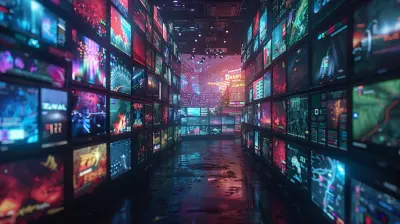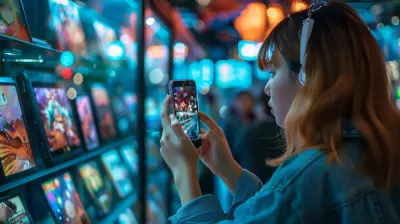The Intricacies of Building Relationships with Characters in RPGs
11 September 2025
If you're a fan of RPGs (role-playing games), then you know the genre is more than just slaying dragons or wielding magical swords. Sure, conquering dungeons and leveling up your character is a significant part of the experience, but let’s be honest—what truly tugs at our heartstrings and keeps us glued to the screen are the relationships we build with the characters. Whether it’s befriending that broody rogue in a dimly lit tavern or falling head over boots for the mage who keeps saving your skin, these connections are what breathe life into RPGs.
But have you ever stopped to think about why character relationships in RPGs feel so impactful? Let’s dive deep into the intricacies of building relationships with characters in these interactive adventures. From the subtleties of dialogue to the moral choices that shape connections, we’ll unpack what makes these fictional bonds so unforgettable.
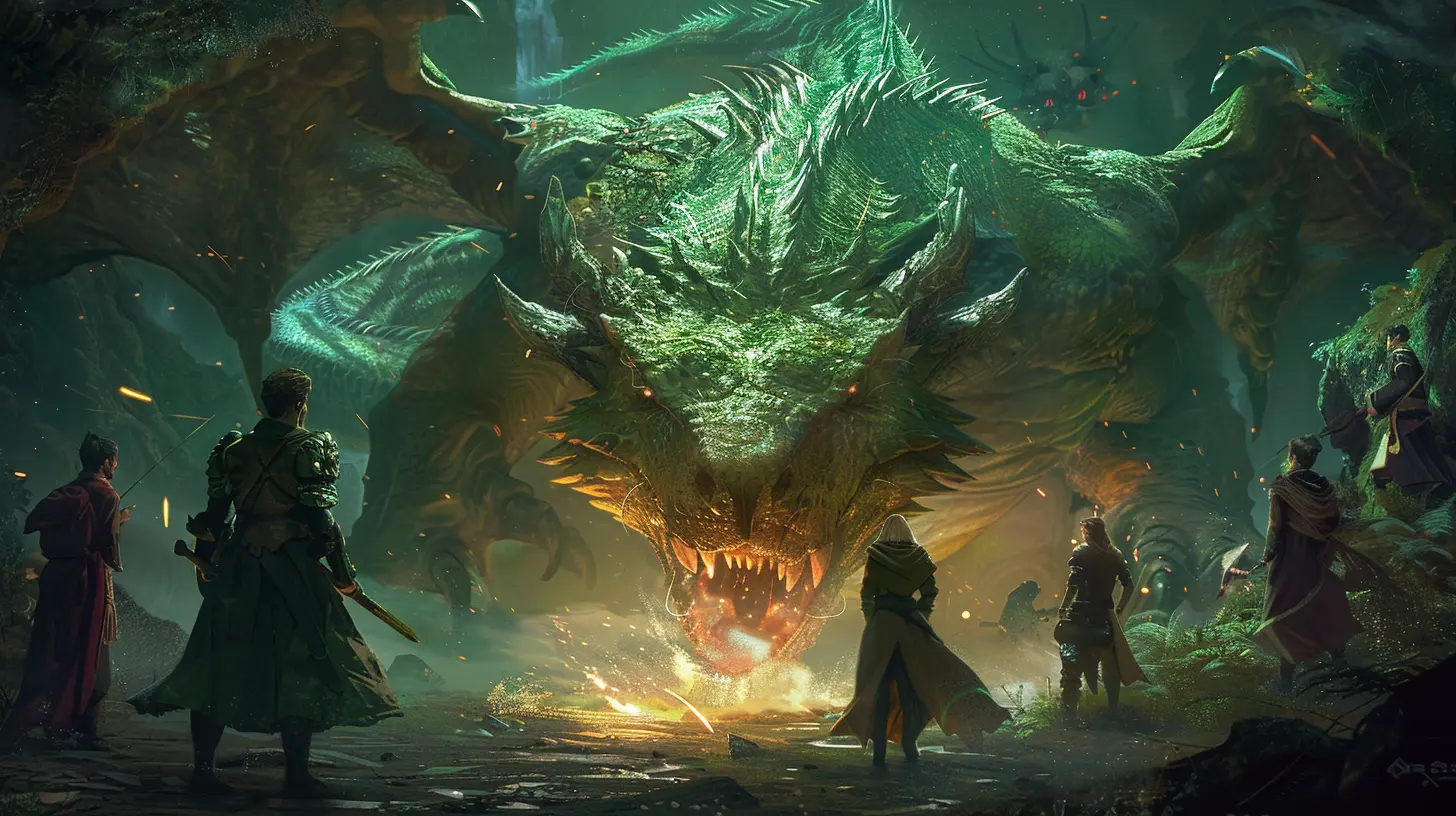
Why Relationships in RPGs Aren’t Just an Add-On
Think back to the last RPG you played. Chances are, there was at least one character that left a lasting impression on you. Maybe it was their tragic backstory, their witty banter, or how they had your back in the heat of battle. Whatever the case, it wasn’t just about gameplay mechanics—it was about connection.RPGs are essentially interactive stories, and characters are the heart of storytelling. Without them, the game world would feel hollow. And let’s face it: nobody wants to wander aimlessly in some beautifully rendered wasteland without companions to share the journey. Relationships add layers of depth, making the game world feel alive and personal.
Relationships aren’t just a cherry on top; they’re the secret sauce that binds everything together. They make the triumphs feel sweeter, the betrayals sting sharper, and the choices feel heavier. Honestly, without them, RPGs would just be glorified spreadsheets of stats and inventories.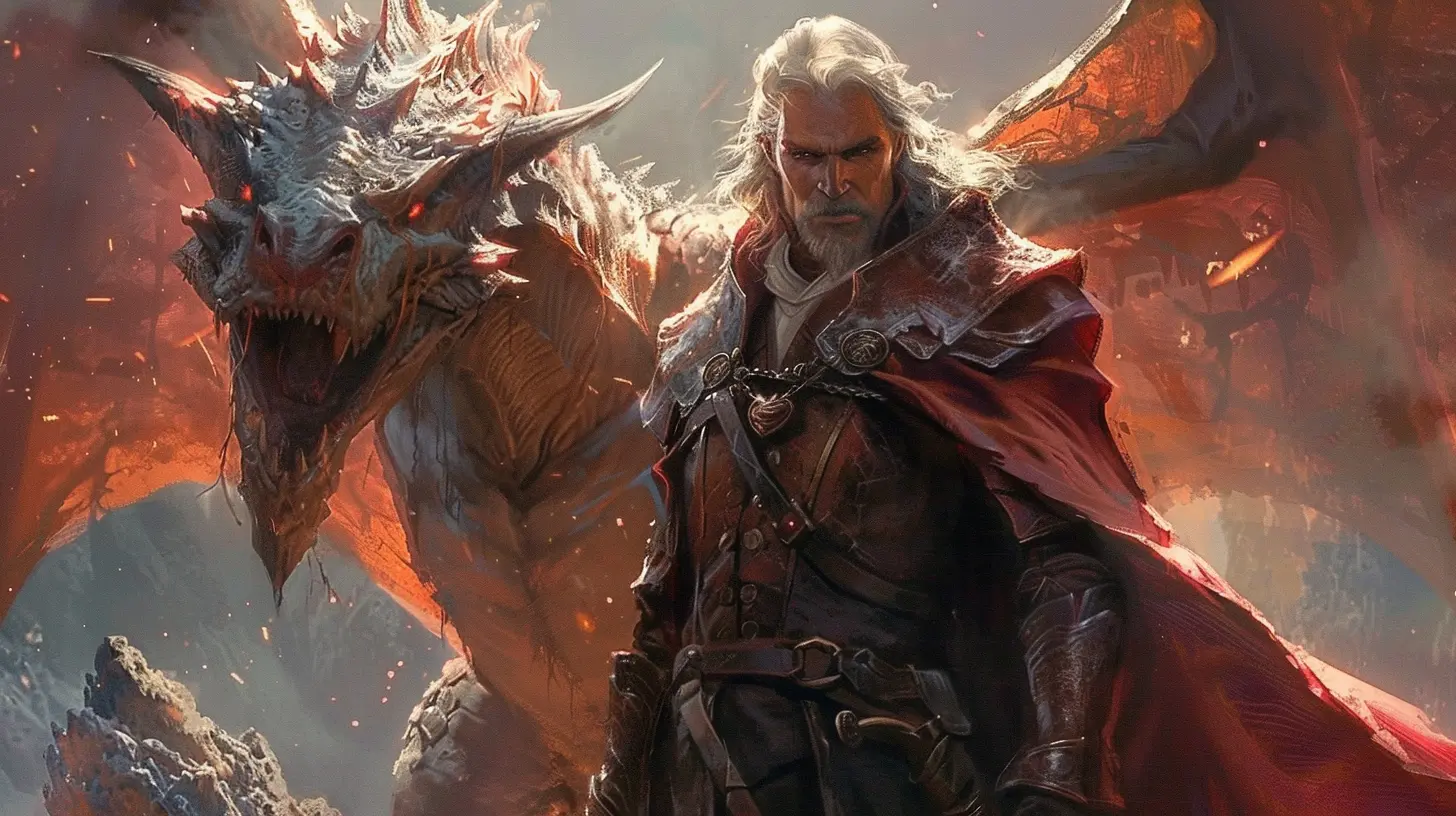
The Role of Dialogue in Building Connections
Ever notice how a single line of dialogue can completely change your perception of a character? In RPGs, dialogue isn’t just filler text—it’s a window into a character’s soul. And if you’re given choice-driven responses, it’s also a way for the game to reflect your personality.Take, for example, the branching dialogue trees you’ll find in games like Mass Effect or Dragon Age. The way you respond can often lead to completely different outcomes in your relationships. Choose a sarcastic quip, and you might strengthen your bond with the witty rogue, but you could also risk alienating the righteous paladin. It’s like walking a conversational tightrope—one wrong step, and you could topple into awkward territory.
The beauty of RPG dialogue is its ability to mimic real-life interactions. Just like in reality, communication isn’t one-size-fits-all. You wouldn’t crack a joke at a funeral (hopefully!), and the same goes for in-game conversations. Matching your tone and approach to a character’s personality is key to nurturing that connection.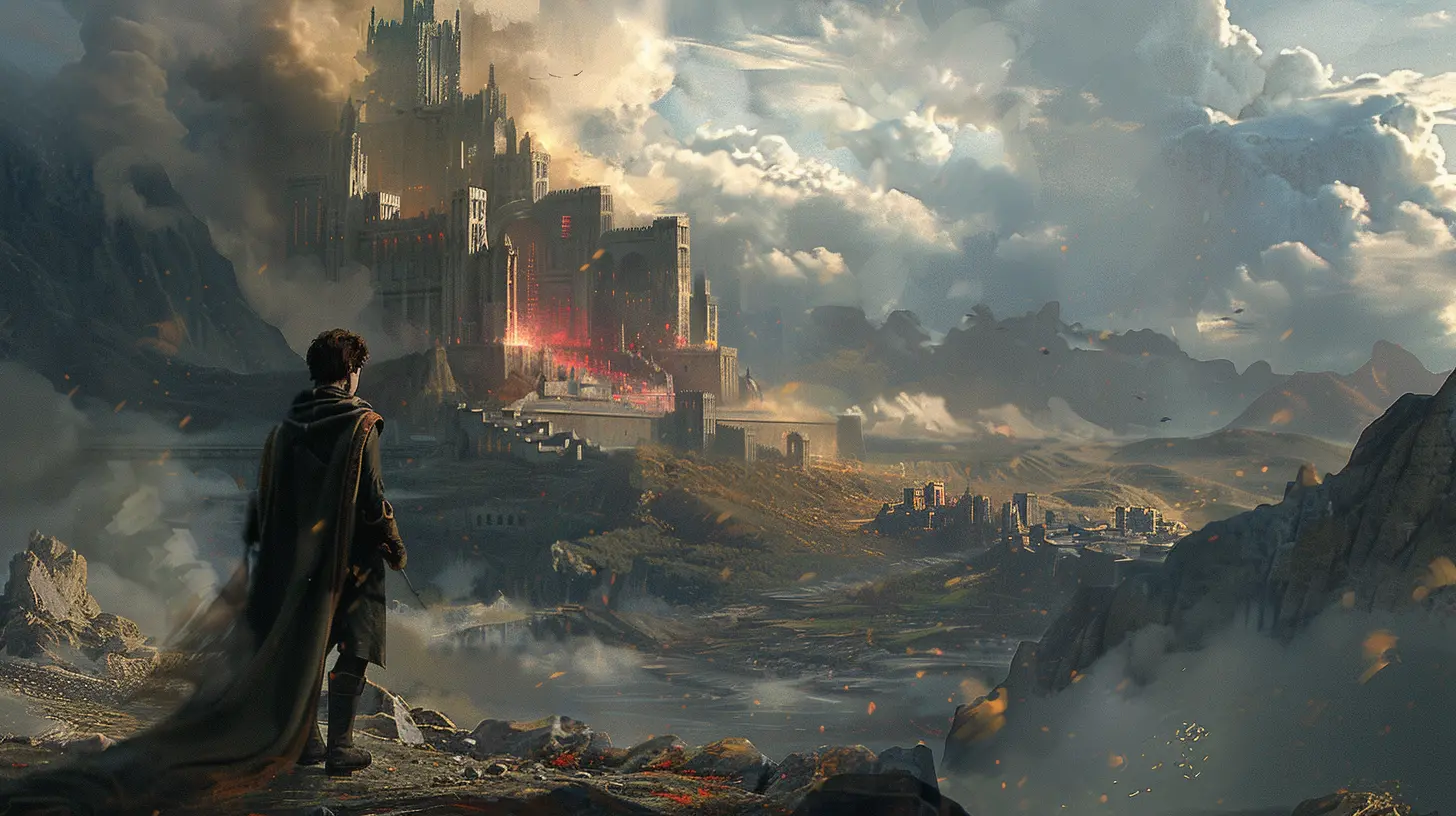
Moral Choices: The Ultimate Litmus Test for Relationships
If dialogue is the building block of relationships, moral choices are the crucible that forges or fractures them. Some of the most memorable RPG moments come down to those gut-wrenching decisions you have to make—decisions that don’t just affect the story but also your relationships with your in-game companions.Let’s say you’re faced with a classic RPG moral dilemma: save the village from a band of marauders or let it burn to protect your party’s well-being. Odds are, your companions are going to have opinions. Some might praise your heroism if you intervene, while others might accuse you of recklessness. And if they’re really ticked off, they might even leave your party altogether. Talk about high stakes!
These moments highlight how relationships in RPGs are dynamic rather than static. They evolve based on your choices, making them feel all the more real. In a way, it’s like navigating a long-term friendship or partnership—your actions have consequences, and trust isn’t something to take for granted.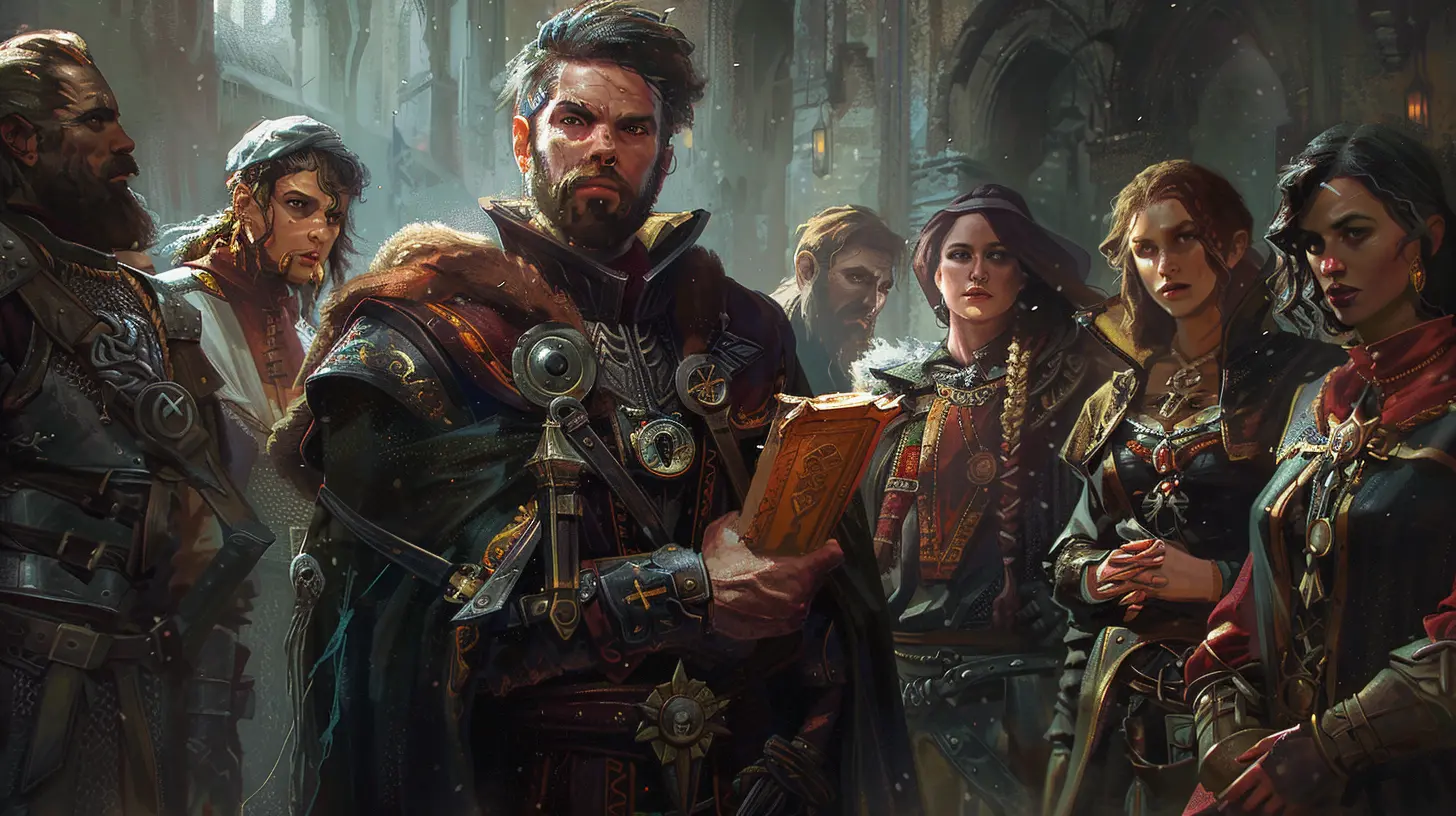
The Importance of Backstories and Character Arcs
We’ve all met characters in games that feel like cardboard cutouts—flat, boring, and utterly forgettable. But the best RPGs go above and beyond to craft characters with rich backstories and compelling arcs. When done right, these elements make us care deeply about them, to the point where their pain feels like our pain and their triumphs feel like our victories.Take Geralt of Rivia from The Witcher 3. Sure, he’s a monster-slaying badass, but what makes him such a beloved character is the complexity of his relationships. Whether it’s his fatherly bond with Ciri or his (very complicated) love story with Yennefer, Geralt isn’t just a protagonist; he’s a fully fleshed-out person. And here’s the best part: your actions as the player actively influence how those relationships play out.
RPG characters with strong backstories aren’t just sidekicks; they’re co-pilots in your journey. The best ones grow alongside you, revealing new layers as the story unfolds. It’s like peeling an onion—every layer adds depth, and sometimes it makes you cry (looking at you, Shadowheart from Baldur’s Gate 3).
Relationships as Gameplay Mechanics: A Genius Move
Let’s talk about mechanics for a second. Most RPGs don’t let relationships just sit in the background—they integrate them into gameplay. And honestly, it’s a genius move. Why? Because it gives you a tangible, gameplay-related incentive to care about your companions.Take the Persona series, for instance. The closer you grow to your friends (or romantic interests), the stronger your bonds become. Those bonds translate into better combat abilities and perks, creating a satisfying loop of emotional growth and mechanical payoff. It’s like the game is saying, “Be a good friend, and you shall be rewarded.”
This approach blurs the line between storytelling and mechanics, making the relationships even more engaging. Suddenly, building a friendship isn’t just something you do for the feels—it’s also a strategic decision. And hey, who doesn’t love a little emotional investment with a side of stat boosts?
The Power of Romance in RPGs
Ah, romance—the pièce de résistance of RPG relationships. Let’s be real: many of us dive into RPGs secretly hoping for a little virtual love story. And why not? These games let us experience the thrill of romance without the awkwardness of first dates or the agony of unanswered texts.Romantic storylines in RPGs often feel deeper than those in other genres because they’re built on a foundation of shared experiences. By the time you confess your love for that charming bard or stoic warrior, you’ve likely been through thick and thin together, forging a bond that feels genuine.
But romance in RPGs isn’t just about the warm fuzzies. It’s another way the game tests your choices and reinforces its themes. Do you stay loyal to one partner or “play the field”? (Looking at you, Commander Shepard.) Your actions in these storylines can have ripple effects, adding another layer of complexity to the gameplay.
Why We Care So Much About Fictional Characters
Here’s a question for you: why do we—even as grown adults—get so emotionally attached to characters in RPGs? The answer lies in immersion. These games create a world where you’re not just a passive observer but an active participant. The characters aren’t just pixels on a screen; they’re your comrades, your rivals, and your friends.In real life, relationships are built through time and shared experiences. RPGs mimic this dynamic, compressing months or even years of bonding into a 40- to 60-hour narrative. It’s like fast-tracking a friendship—but without cutting corners on the emotional depth. And because you’re the one making decisions, it feels personal in a way that other mediums like movies or books can’t replicate.
The Future of RPG Relationships: What’s Next?
With RPGs becoming more sophisticated, the future of character relationships looks promising. AI advancements could make NPCs react even more realistically to your choices, creating relationships that feel uniquely tailored to your playstyle. Imagine a game where every interaction feels like a genuine conversation—how wild would that be?We’re also seeing more diversity in character representation, which is making RPGs more inclusive and relatable for a broader audience. From LGBTQ+ romances to complex family dynamics, the genre is expanding its horizons, proving that relationships in games can be just as nuanced as those in real life.
In Conclusion
Building relationships with characters in RPGs isn’t just a game mechanic—it’s an emotional journey that makes these adventures unforgettable. From heartfelt dialogue to gut-wrenching choices, these connections are what elevate RPGs from mere games to immersive experiences. So the next time you’re romancing a space-faring alien or helping a grizzled warrior confront their past, take a moment to appreciate the artistry behind it all. After all, it’s the relationships that turn RPGs into something truly magical.all images in this post were generated using AI tools
Category:
Role Playing GamesAuthor:

Emery Larsen
Discussion
rate this article
2 comments
Zareth Peterson
What a delightful read! Building connections with RPG characters truly enriches the gaming experience. Excited to dive deeper into the intricate dynamics you explored!
January 27, 2026 at 4:47 AM
Finnegan Jackson
Building relationships with RPG characters enriches our gaming experience, allowing us to explore deep connections and meaningful narratives. Each choice shapes our journey and fosters empathy. Embrace these intricate bonds; they transform virtual adventures into unforgettable stories that resonate long after the game ends!
September 14, 2025 at 3:09 AM

Emery Larsen
Absolutely! Building relationships with RPG characters adds depth and emotional resonance, making each choice impactful and the journey truly memorable. It's what elevates gaming to an art form.
